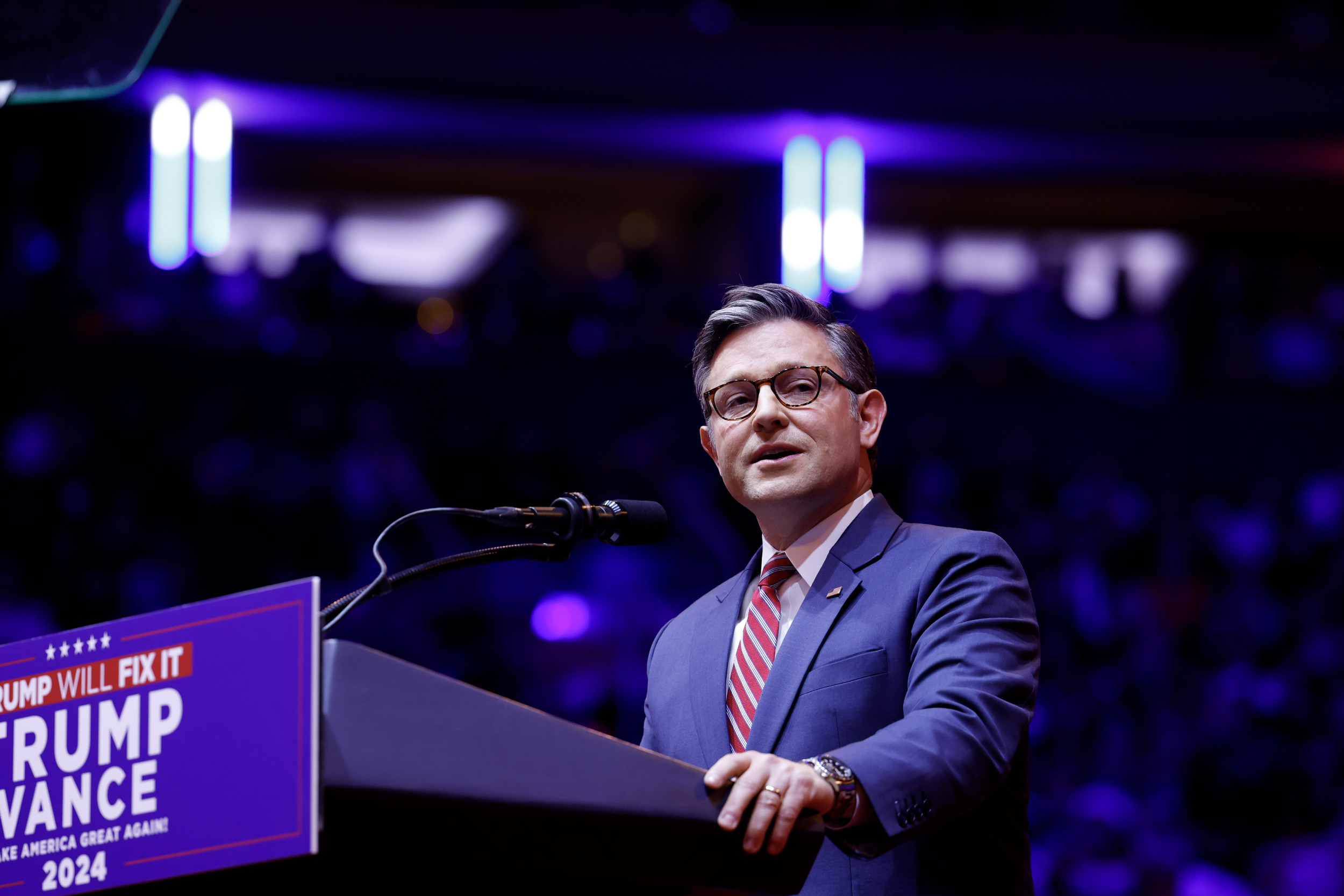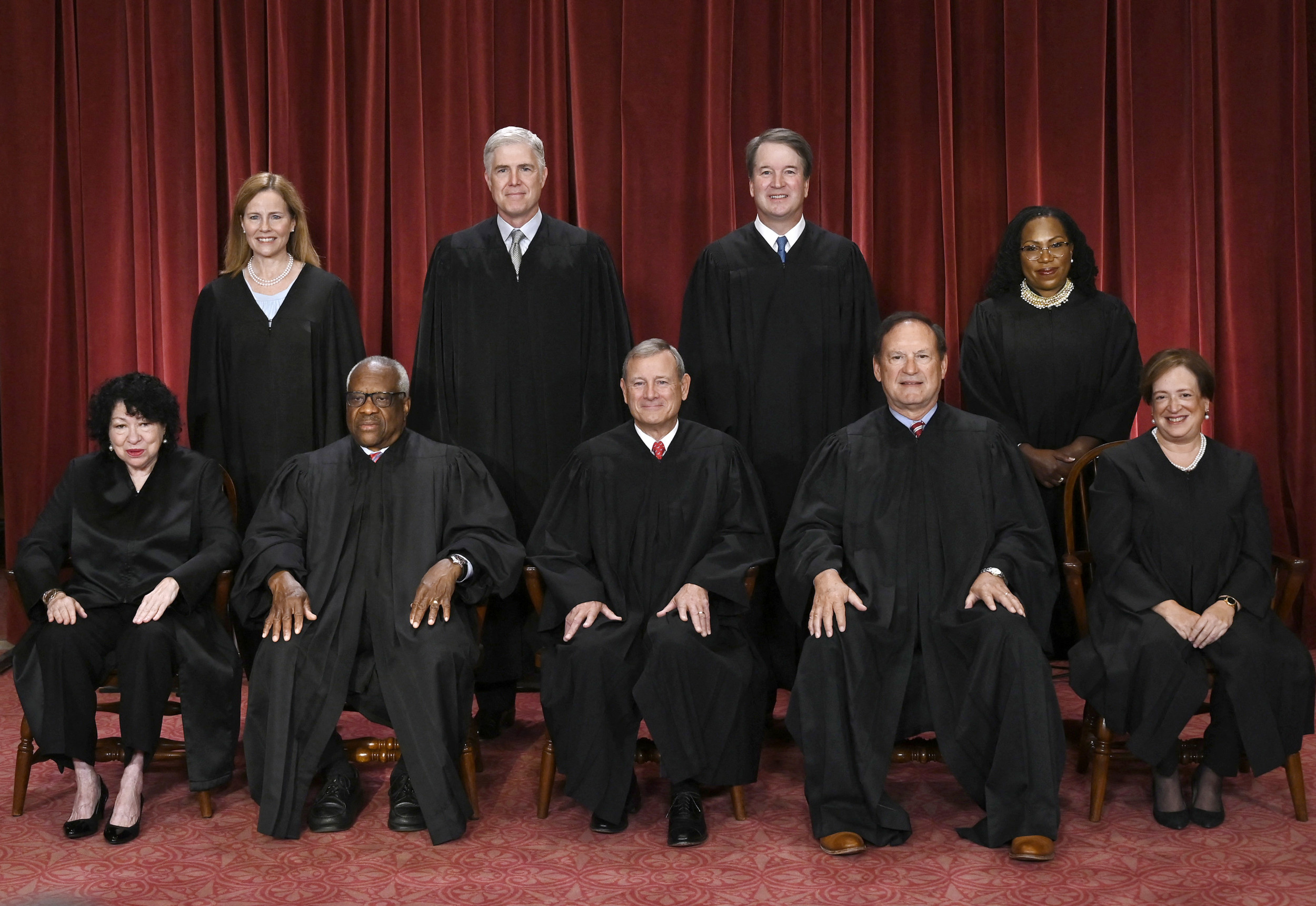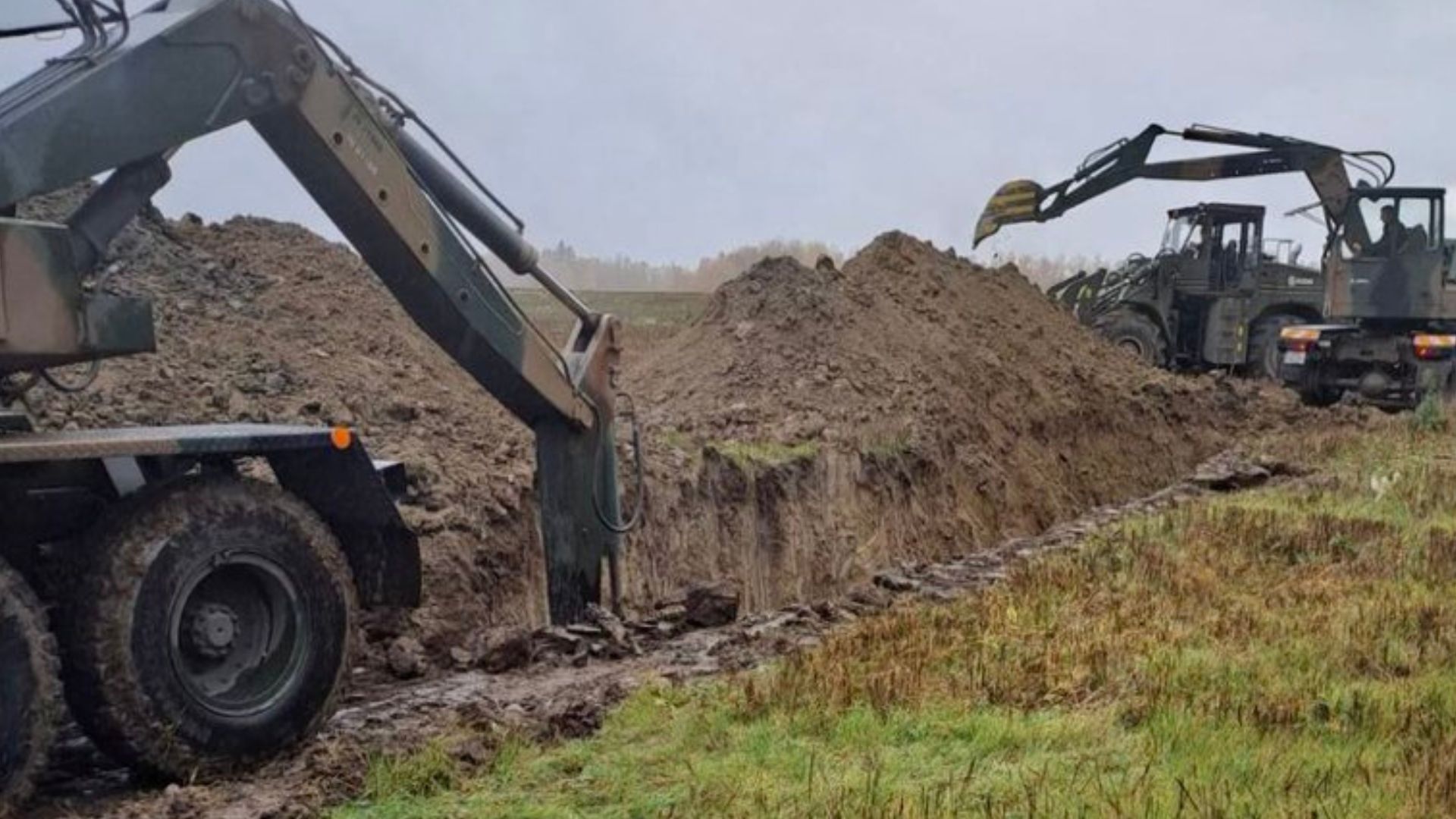CLOSE X
By
✓ Link copied to clipboard!
The Biden administration announced on Thursday that approximately 8,000 North Korean troops have reportedly been stationed in Russia’s Kursk region, near the Ukrainian border.
The report, shared by Deputy U.S. Ambassador to the United Nations Robert Wood during a U.N. Security Council session, signals a deepening military alliance between Moscow and Pyongyang.
“We just received some information, just coming in now, that right now there are some 8,000 DPRK soldiers in Kursk Oblast,” said Wood, referring to North Korea by its official acronym, the Democratic People’s Republic of Korea.
Russia called the council meeting to discuss international peace and security.
Addressing his Russian counterpart, Wood posed a pointed, “respectful” question.
“Does Russia still maintain that there are no DPRK troops in Russia?” he said. Russia’s representative did not respond to Wood’s inquiry, leaving the chamber silent on the matter.

Evolution of the Russia-North Korea Defense Pact
“We’ve not yet seen these troops deploy into combat against Ukrainian forces, but we would expect that to happen in the coming days,” U.S. Secretary of State Antony Blinken said at a news conference with Defense Secretary Lloyd Austin and their South Korean counterparts.
Blinken said Russia has been training North Korea in “basic infantry operations, including trench clearing, indicating that they fully intend to use these forces in frontline operations.”
The Kursk region is a strategic area close to Ukraine’s border, recently involved in escalated skirmishes with Ukrainian forces.
In early August 2024, Ukraine launched a significant cross-border operation into Russia’s Kursk region, marking the first major incursion into Russian territory since World War II.
This offensive resulted in Ukrainian forces capturing over 400 square miles, encompassing around 100 towns and villages, which Vladimir Putin‘s troops have struggled to contend with ever since.
Putin and North Korea’s Supreme Leader Kim Jong Un have met twice this year.
In June, they signed a mutual defense pact—the most significant development in Russia’s military and diplomatic cooperation since the war began.
Austin noted in an earlier Pentagon briefing on Wednesday that the deployment marks a “dangerous and destabilizing development,” particularly as North Korean troops advance toward Ukrainian territories equipped with Russian uniforms and military supplies.
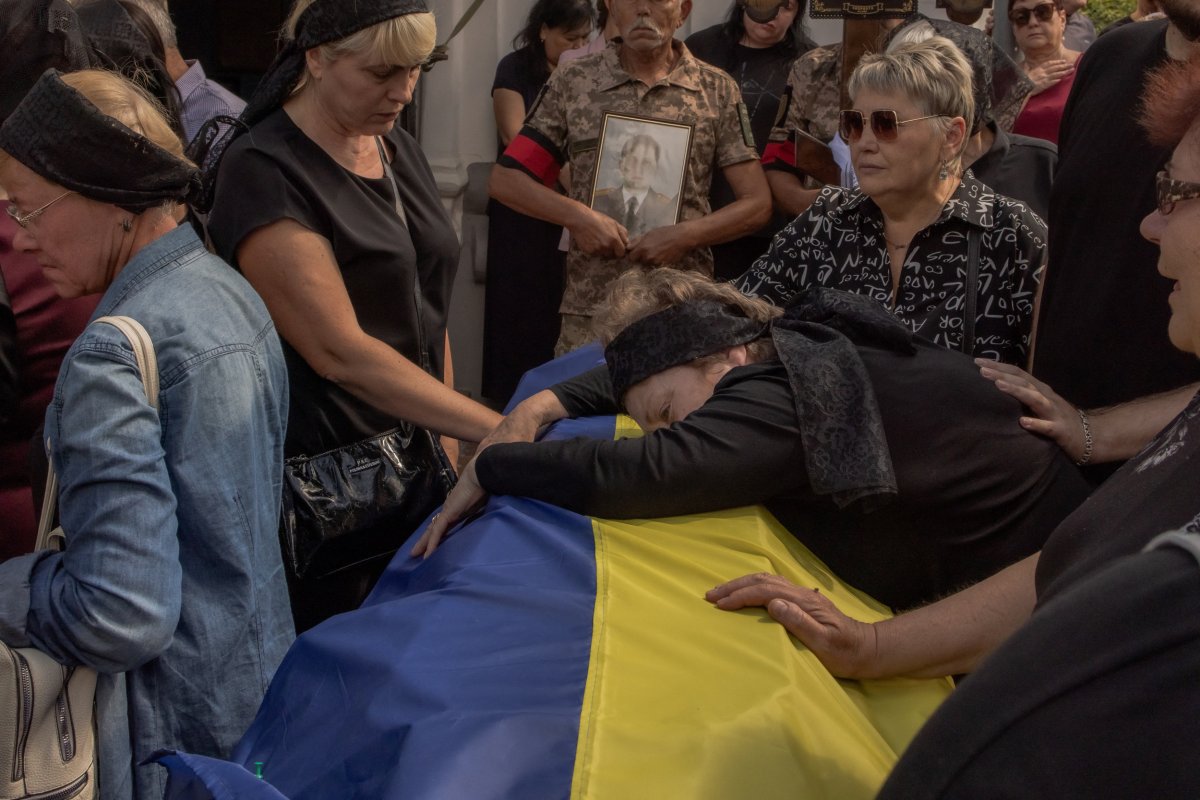
‘High Likelihood’ of International Response
North Korea’s move to tighten its relationship with Russia has raised concerns around the world about how that may expand the war and what Russian military aid will be delivered in exchange.
The announcement follows an intercontinental ballistic missile test by North Korea, its first in nearly a year, which some analysts suspect involved Russian support.
A joint statement by the United States, South Korea and Japan strongly condemned the missile launch, denouncing it as a “flagrant violation” of U.N. Security Council resolutions and a move that heightens tensions in the Asia-Pacific region.
Echoing Blinken’s press remarks, Austin said “the likelihood is pretty high” that Russia intends to deploy these 8,000 troops in combat roles soon.
He warned this step could “encourage others to take action.”
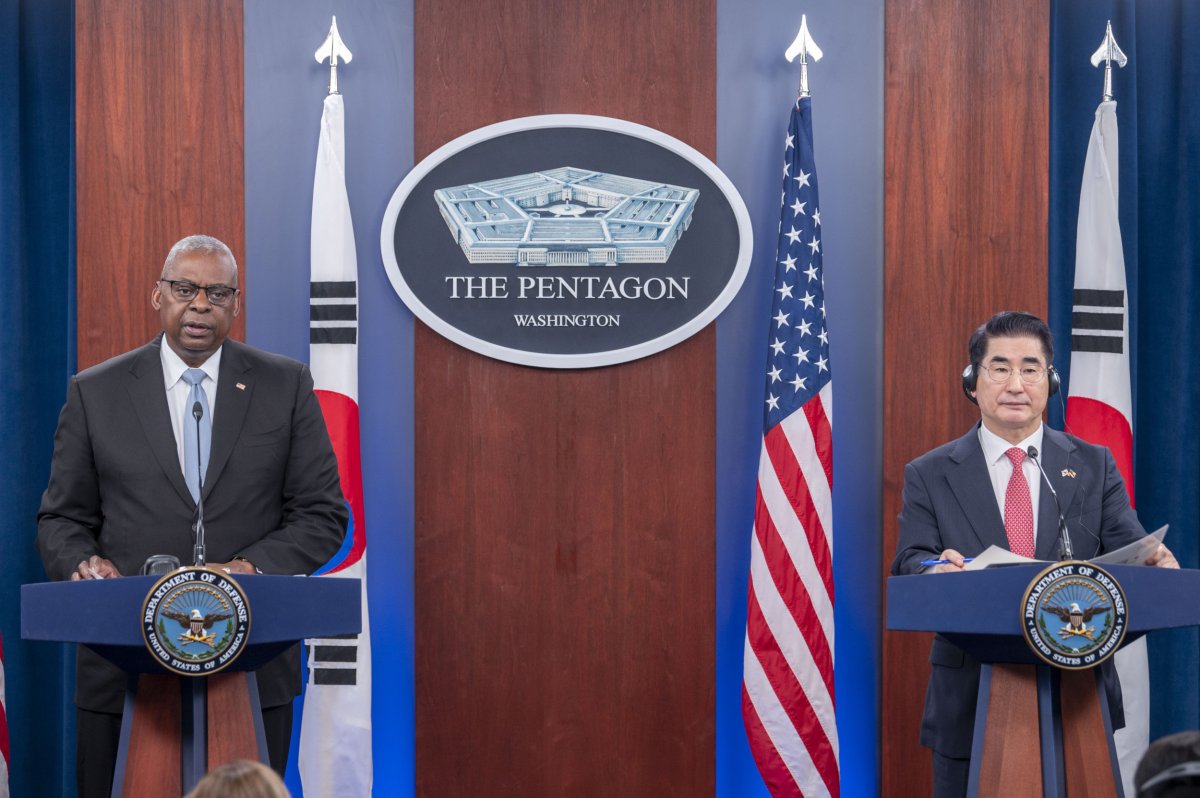
How Many North Korean Troops Are in Russia Now?
This move comes as no surprise to Ukraine–its ambassador to the U.N., Sergiy Kyslytsya, previously told the council it suspected up to 4,500 North Korean soldiers may soon be operating along the border.
The figure is now expected to grow to as many as 12,000.
Discussions took place in Washington on Thursday between Austin, Blinken and South Korean Defense Minister Kim Yong-hyun.
Yong-hyun acknowledged a “high possibility” that North Korea might demand advanced military capabilities, such as nuclear and missile technology, from Russia in return for troop support.
The alliance has included North Korea’s supply of munitions to Russia, with the White House releasing images earlier this month allegedly showing shipments of 1,000 containers of North Korean weaponry traveling by rail.
This article includes reporting from The Associated Press.
fairness meter
fairness meter
Newsweek is committed to journalism that’s factual and fair.
Hold us accountable and submit your rating of this article on the meter.
Newsweek is committed to journalism that’s factual and fair.
Hold us accountable and submit your rating of this article on the meter.
Request Reprint & Licensing
View Editorial & AI Guidelines
